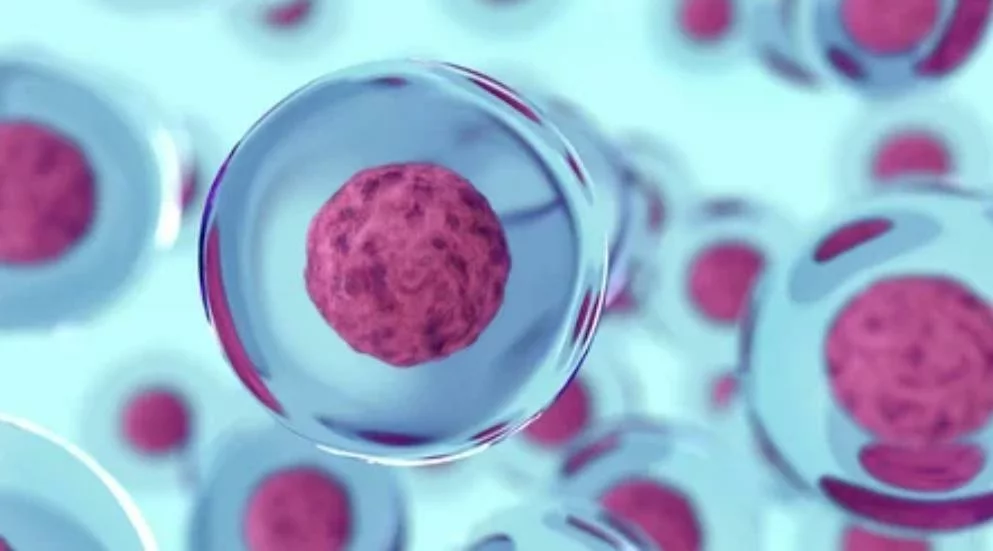
In today’s fast-paced world, many women are prioritizing their careers, education, and personal goals, often delaying family planning. While this approach may lead to fulfilling life experiences, it can also pose challenges to fertility as women age. For those considering future pregnancy, understanding fertility preservation options is crucial. This blog will delve into various fertility preservation methods, focusing on egg freezing and other options, along with their benefits and considerations for future conception.
What is Fertility Preservation?
Fertility preservation refers to the medical techniques that enable women to save their eggs, embryos, or ovarian tissue for future use. These methods allow women to retain their reproductive options, regardless of age or health concerns that may affect fertility down the line.
1. Egg Freezing (Oocyte Cryopreservation)
Overview: Egg freezing involves the retrieval of a woman’s eggs, which are then frozen and stored for future use. This option is becoming increasingly popular as more women seek to delay motherhood without risking their fertility.
Benefits:
- Flexibility: Women can focus on personal or professional goals while preserving their fertility for later years.
- Success Rates: Egg freezing allows women to use younger eggs in the future, which can lead to higher success rates in assisted reproductive technologies.
- Health Conditions: It can be beneficial for women facing medical treatments (like chemotherapy) that may affect fertility.
Considerations:
- Cost: Egg freezing can be expensive, with costs ranging from $6,000 to $15,000 per cycle, plus annual storage fees.
- Success Rates: The success of using frozen eggs can depend on various factors, including the woman’s age at the time of freezing.
- Time Commitment: The process can take several weeks, requiring hormonal stimulation and monitoring before egg retrieval.
2. Embryo Freezing (Embryo Cryopreservation)
Overview: Similar to egg freezing, embryo freezing involves fertilizing retrieved eggs with sperm to create embryos, which are then frozen for later use. This option is often utilized in conjunction with in vitro fertilization (IVF).
Benefits:
- Higher Success Rates: Using frozen embryos often has higher success rates than frozen eggs because embryos can be screened for genetic issues before freezing.
- Future Options: Women can use embryos later for IVF, which may lead to a quicker path to pregnancy compared to thawing and fertilizing eggs later.
Considerations:
- Sperm Requirement: This method requires a male partner or sperm donor, which may not suit everyone.
- Emotional and Ethical Considerations: Decisions regarding unused embryos can involve complex emotional and ethical considerations.
3. Ovarian Tissue Freezing
Overview: Ovarian tissue freezing is a more experimental method that involves removing and freezing ovarian tissue. This tissue can later be re-implanted, potentially restoring hormone function and fertility.
Benefits:
- Preserving Hormone Function: This method can preserve not just eggs but also the hormones produced by the ovaries, which can help maintain reproductive health.
- Options for Prepubescent Girls: It provides options for younger girls who have not yet started menstruating.
Considerations:
- Experimental Nature: This method is still considered experimental and is not widely available.
- Complex Procedure: The re-implantation process can be complicated and may not guarantee pregnancy.
4. Hormonal Treatments
Overview: In some cases, hormonal treatments can be used to preserve fertility by suppressing the menstrual cycle and protecting the ovaries from damage due to certain medical treatments.
Benefits:
- Less Invasive: Hormonal treatments are often less invasive than surgical options.
- Quick Recovery: They usually have a quicker recovery time compared to egg retrieval or surgery.
Considerations:
- Temporary Solutions: These treatments are often temporary and may not fully preserve fertility long-term.
Conclusion
Fertility preservation offers women the opportunity to take control of their reproductive futures. Whether through egg freezing, embryo freezing, ovarian tissue preservation, or hormonal treatments, each option comes with its own set of benefits and considerations. Women should consult with a fertility specialist to understand the best methods for their individual circumstances, including their age, health status, and family planning goals.
By exploring these options, women can ensure they maintain their fertility and have the ability to conceive when they are ready, allowing them to navigate the complexities of modern life with confidence. As reproductive technology continues to evolve, fertility preservation will play an increasingly vital role in family planning for women worldwide.

